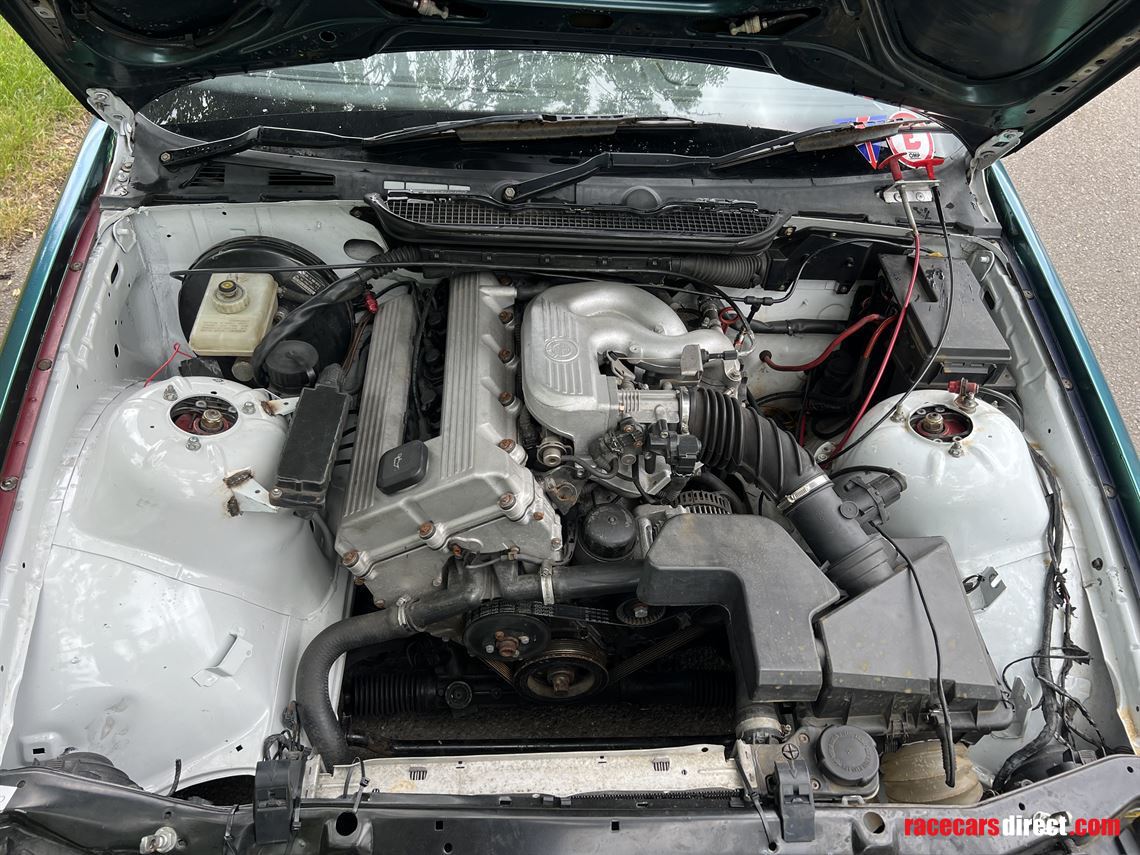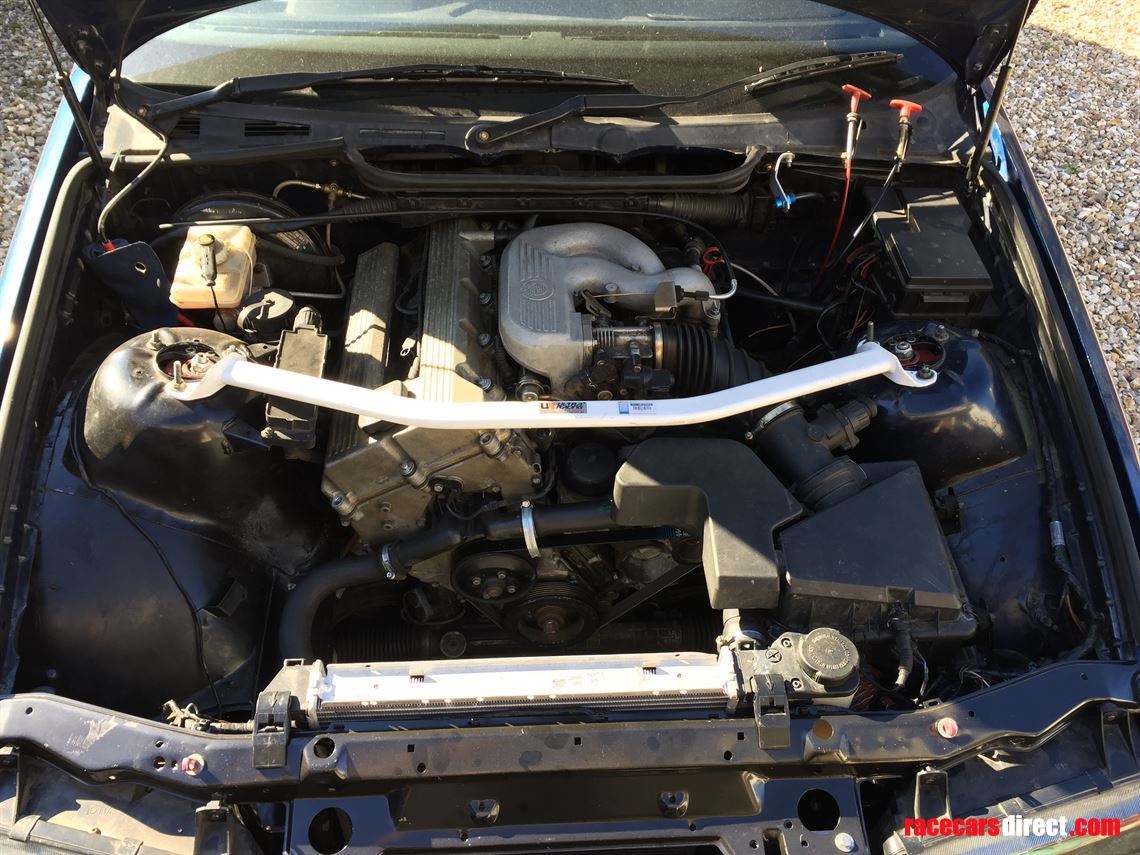Vital Factors To Consider for Choosing the very best Engine for Your Demands
In the world of choosing the optimal engine to satisfy your needs, several essential variables demand precise factor to consider to make sure ideal efficiency and efficiency. From the nuanced equilibrium in between power and performance to the often-overlooked elements of upkeep and service needs, each facet plays a critical role in figuring out the most appropriate engine for your certain needs.
Power and Efficiency
When evaluating engines for ideal performance, it is important to focus on both power result and effectiveness. Power output gauges the capacity of an engine to generate power, which straight affects its efficiency. A high power result is crucial for requiring jobs such as sturdy applications or high-speed requirements. It makes certain that the engine can handle the workload efficiently and effectively. Power alone is not adequate; performance plays a significant function in identifying the general efficiency of an engine. Effectiveness describes how well the engine transforms gas into usable power. A more effective engine will supply far better mileage, reduced emissions, and reduced operating expense. Striking the ideal equilibrium in between power result and efficiency is crucial to choosing an engine that fulfills your certain needs. It is important to take into consideration aspects such as the intended use the engine, ecological impact, and long-term price ramifications when making this choice. By very carefully reviewing both power and performance, you can choose an engine that delivers ideal performance and meets your needs efficiently.
Fuel Efficiency and Economy
Fuel effectiveness refers to the engine's capacity to convert fuel into power with minimal waste, straight influencing operating costs and ecological sustainability. Engines with higher gas efficiency not just lower fuel expenses yet additionally decrease carbon exhausts, adding to a greener operation.

Compatibility and Application
Considering the fuel effectiveness and economic situation of an engine, the following vital facet to address is its compatibility and application within particular operational contexts. Compatibility refers to how well the engine integrates with the total system or devices it powers.
In addition, the application of the engine is equally crucial. Different engines are made for details purposes, whether it be industrial equipment, marine vessels, autos, or power generators. Understanding the intended application enables for the choice of an engine that can provide the needed power result, torque, and operational features. As an example, a high-revving engine designed for efficiency cars would not be suitable for heavy-duty construction devices that requires high torque at reduced speeds.
Upkeep and Solution Needs
Upkeep and solution needs play a vital role in making sure the durability and ideal performance of an engine. Routine upkeep is important to avoid failures, prolong the lifespan of the engine, and maintain its efficiency. When selecting an engine, it is necessary to think about the supplier's advised maintenance schedule and the availability of resource service facilities or certified professionals.
Elements such as the frequency of oil modifications, filter replacements, and overall assessments can considerably influence the engine's efficiency. Some engines might require even more frequent servicing based on their layout and usage, while others might have longer periods in between upkeep checks. It is crucial to abide by these service demands to avoid costly repair work and unanticipated downtime.

Price and Budget Factors To Consider
When picking an engine for a particular application,Budget plan restrictions commonly play a substantial function in the decision-making process. When considering the expense and spending plan implications of picking an engine, it is essential to analyze not only the first purchase cost but likewise the long-lasting expenses connected with find out here upkeep, gas consumption, and possible upgrades or fixings. It is essential to strike an equilibrium in between the in advance expense of the engine and its general lifecycle prices to guarantee that the picked engine stays economically sustainable throughout its functional lifespan.
Factors such as fuel sturdiness, dependability, and performance can directly affect the total price of possession of an engine. While a much more expensive engine may have higher upfront prices, it can possibly result in reduced upkeep and gas expenses over time, hence using better worth in the lengthy run.
Conclusion

Gas performance refers to the engine's capacity to transform fuel right into power with minimal waste, directly influencing operating costs and environmental sustainability.Variables affecting gas efficiency consist of engine layout, combustion effectiveness, and overall performance optimization. Additionally, choosing the proper gas type and grade as suggested by the engine supplier can further improve effectiveness and lengthen engine life expectancy.
Engines with good use functions and easily offered components can minimize maintenance costs and decrease the time the engine is out of operation - bmw 318ti. It is important to strike a balance in between the upfront price of the engine and its general lifecycle costs to ensure that the selected engine stays financially lasting throughout its operational lifespan